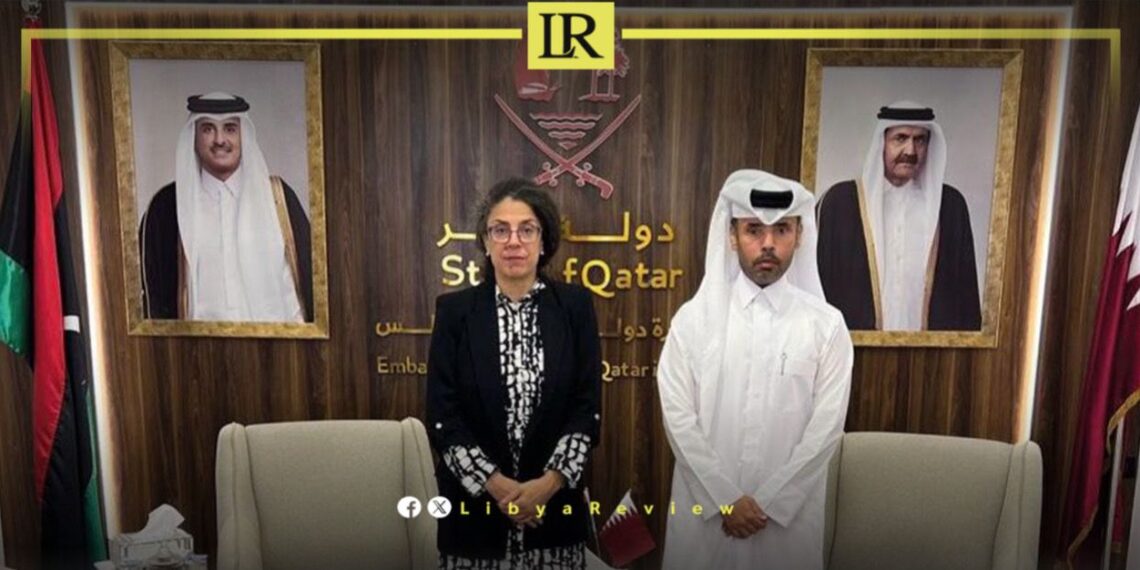On Tuesday, Qatar reaffirmed its strong support for the United Nations’ efforts to advance political stability in Libya. This came in a meeting between Qatar’s Ambassador to Libya, Khalid Al-Dosari, and Stephanie Khouri, the Acting Head of the United Nations Support Mission in Libya (UNSMIL), to discuss the latest political and security developments in the North African country.
During their talks, Al-Dosari emphasized Qatar’s ongoing commitment to supporting UNSMIL’s mission. He highlighted Doha’s dedication to helping drive forward the political process in Libya, supporting UN Security Council resolutions, and endorsing all peaceful solutions that aim to preserve Libya’s unity and stability. Al-Dosari also stressed the importance of conducting free and fair elections as a critical step toward resolving Libya’s protracted crisis.
Libya has been in a state of turmoil since the 2011 uprising that ousted Muammar Gaddafi, leading to a deeply divided country with rival governments and armed factions competing for control. The Government of National Unity (GNU) in Tripoli and a rival administration in the east have been locked in a prolonged conflict that has stalled efforts to achieve national reconciliation.
The United Nations, through UNSMIL, has played a key role in international efforts to bring peace to Libya. UNSMIL has facilitated crucial dialogues among Libya’s factions, leading to several ceasefire agreements and a roadmap for national elections. Despite these efforts, Libya’s path to stability remains challenging due to ongoing political divisions, security threats, and external interference.
However, Qatar’s involvement in Libya has been a source of controversy. Critics argue that Doha has played a divisive role by backing specific factions and groups, exacerbating the country’s internal conflicts. Qatar has been accused of supporting Islamist factions within Libya, which has complicated the peace process and contributed to ongoing instability.
The success of the UN’s efforts in Libya will depend not only on the cooperation of Libyan factions but also on the constructive involvement of external players like Qatar. Ensuring that all parties contribute positively to the peace process will be crucial in achieving a stable and unified Libya.


